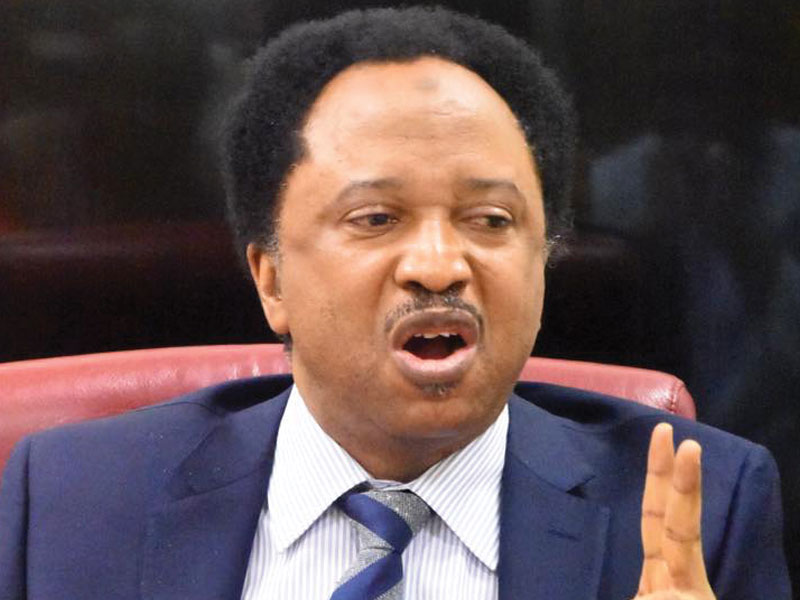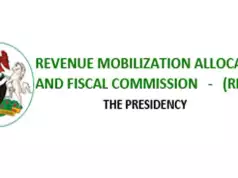Against the backdrop of a proposed 114 per cent increase in the salaries of elected politicians, including the president, vice president, governors, lawmakers, as well as judicial and public office holders, a former Kaduna lawmaker, Senator Shehu Sani, said raising the minimum wage for poor workers should come first.
Sani who stated this in a statement via his verified Twitter handle on Wednesday urged government to spend the resources realised from fuel subsidy removal wisely.
He stated, “Raising the minimum wage of poor workers should come first before that of the elites holding public offices.
“With this 114% increase,a Federal Legislator will earn about N2million monthly salary and N25million monthly running cost for his office. Money derived from the removal of subsidy should be spent wisely,” he added.
Recall that The Revenue Mobilisation, Allocation and Fiscal Commission (RMAFC) has called for a 114 per cent increase in the salaries of elected politicians, including the President, vice president, governors, lawmakers as well as judicial and public office holders.
RMAFC is saddled with the responsibility of determining the remuneration appropriate for political officeholders including the President, Vice President, Governors, Deputy Governors, Ministers, Commissioners, Special Advisers, Legislators and the holders of the offices as mentioned in Sections 84 and 124 of this Constitution.
The commission urged the 36 states’ Houses of Assembly to hasten efforts on amendment of relevant laws to give room for upward review of remuneration packages for political, judicial and public officers.
The RMAFC Chairman, Muhammadu Shehu, represented by a federal commissioner, Rakiya Tanko-Ayuba, made the call at the presentation of reports of the reviewed remuneration package to Kebbi State governor, Dr Nasir Idris, on Tuesday in Birnin Kebbi.
He said the implementation of the reviewed remuneration packages was effective from January 1, 2023, adding that the move was in accordance with the provision of paragraph 32(d) of part 1 of the Third Schedule of the 1999 constitution of the federal government (as amended).
He said the last remuneration review was conducted in 2007, noting that it culminated in the “certain political, public and judicial office holders (salaries and allowances, etc) (Amendment) Act, 2008”.









